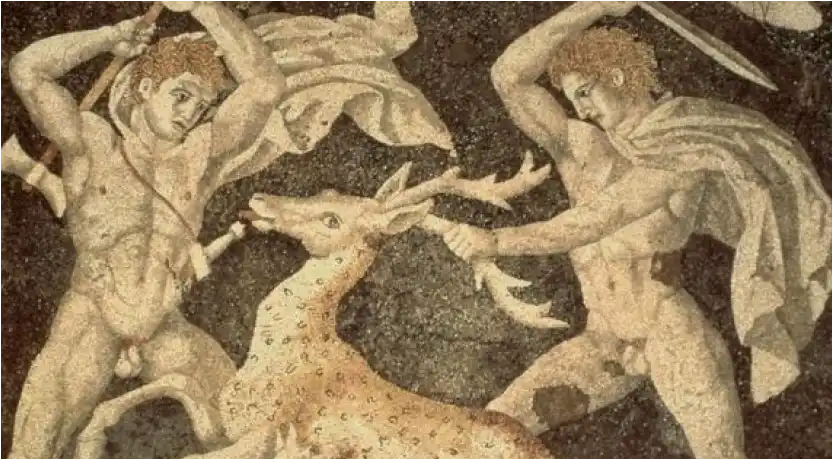To understand the rise of the Macedonian kingdom, one must first understand the land itself. The unique and challenging geography of Macedonia was a defining factor that shaped its people, its economy, and its ultimate political destiny. The stark contrast between the rugged mountains and the fertile lowlands created a dynamic tension that, once overcome, became the foundation of the kingdom’s immense power and resilience.
Table of Contents
🏔️ The Rugged Highlands of Upper Macedonia
The western and northern parts of Macedonia are dominated by mountains and rugged highlands. This region, known as Upper Macedonia, was home to fierce, independent tribes who lived a semi-nomadic life centered on pastoralism. Their lifestyle bred tough and resilient warriors, but the difficult terrain and tribal divisions made political unification a challenge. These highland cantons were often a source of instability for the kings in the lowlands, but they also served as a crucial buffer zone against invasions from the north and west and were a vital source of manpower for the army.
Fertile Plains of Lower Macedonia
In contrast, the coastal region around the Thermaic Gulf is characterized by large, fertile alluvial plains. This area, Lower Macedonia, was the heartland of the kingdom and the seat of the Argead dynasty. The rich soil supported intensive agriculture and a more settled way of life, allowing for the growth of cities and the accumulation of wealth. The plains also provided excellent pastureland for raising horses, which were the foundation of the elite Macedonian cavalry. The resources of the lowlands gave the Macedonian kings the economic power to build a strong state.
⚔️ How Geography Influenced Military and Political Power
The ultimate success of the Macedonian kingdom, particularly under Philip II, came from his ability to finally unite these two disparate regions. By subduing the independent tribes of Upper Macedonia and integrating their formidable infantry into his reformed army, Philip combined the manpower of the highlands with the wealth and cavalry of the lowlands. This unification created a military and political powerhouse unlike anything the Greek world had seen before, turning Macedonia’s geographic challenges into its greatest strength.
Roisman, Joseph, and Ian Worthington, editors. A Companion to Ancient Macedonia. Wiley-Blackwell, 2010.
More Topics
- Curses: The History of the Evil Eye and Binding Magic
- Magical Plants: A Witch’s Garden of Herbs and Poisons
- Roman Magic: Curses, the Strix, and Everyday Protection
- Circe: The Greek Sorceress of Transformation and Myth
- Greek Magic: Hecate’s Power, Oracles, and Enchantresses
- Japanese Magic: Yōkai, Onmyōdō, and Supernatural Folklore
- Empress Chen Jiao: The Royal Scandal of Witchcraft in Han China

